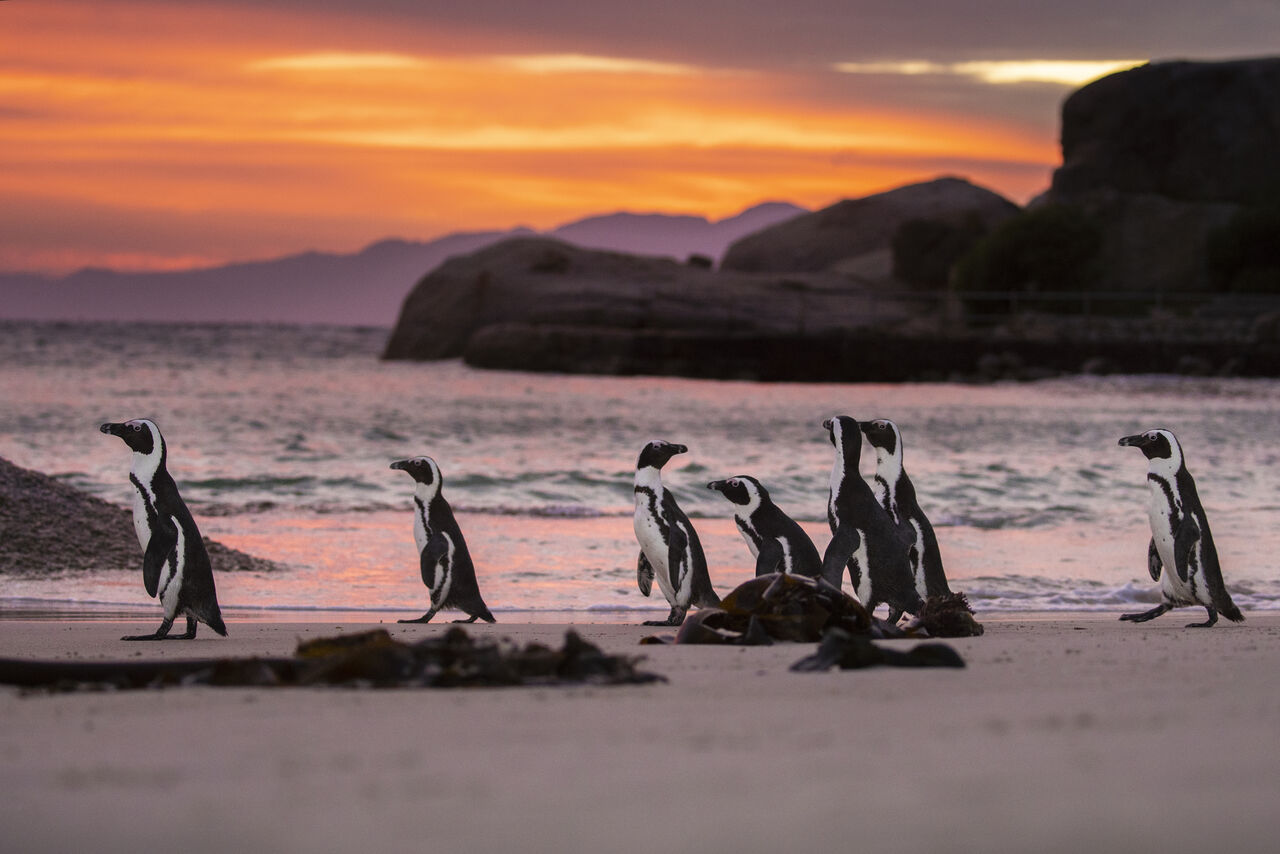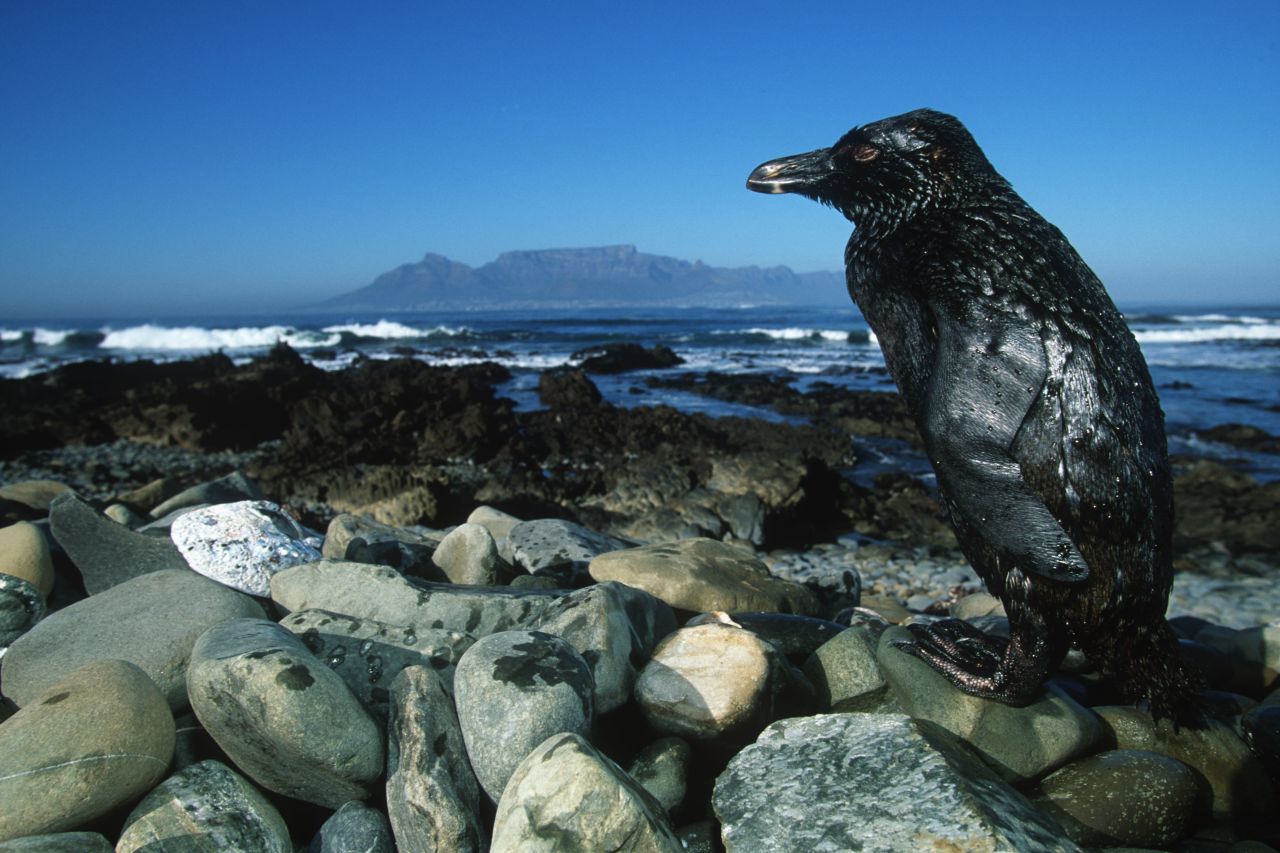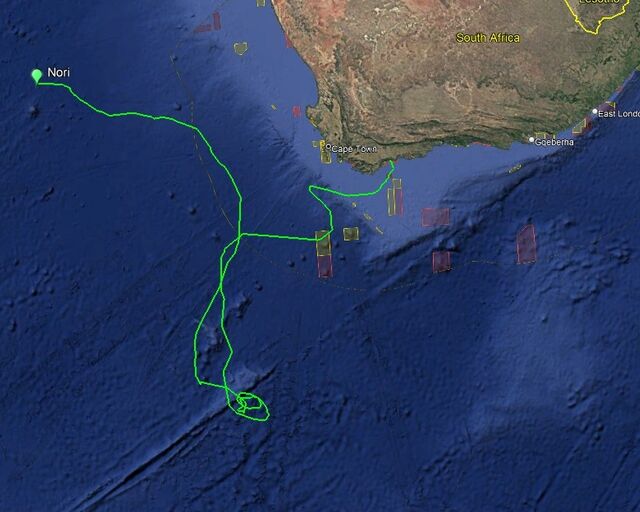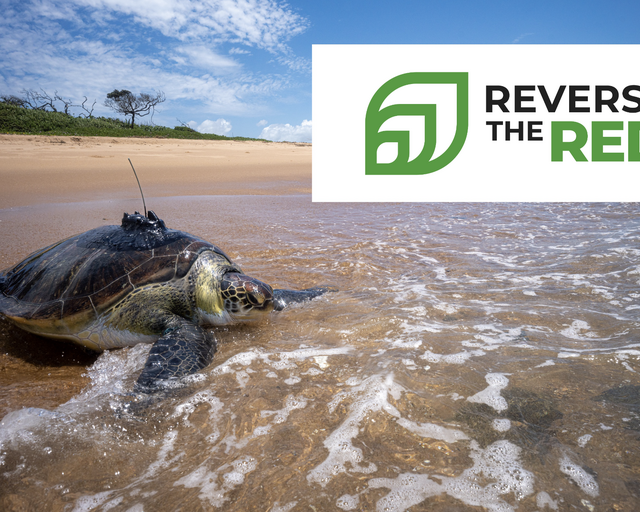It’s World Endangered Species Day, and we’re celebrating the African penguin

In South Africa, we are blessed with abundant marine biodiversity, from the most delicate strawberry anemone to the magnificent humpback whale. On this World Endangered Species Day, we highlight the iconic African penguin!
The African penguin is a beacon of Cape Town tourism and an extraordinary part of the city's unique ecosystem. Unfortunately, their population is under threat of extinction, with numbers declining dramatically. Since 1979, when the first count of the major African penguin colonies was conducted, South Africa's breeding population has declined from approximately 55 200 pairs to a mere 10 000 breeding pairs. Unless we act, the African penguin will be functionally extinct by 2035 – a startling reflection of human impact on this seabird and its entire ecosystem.
In honour of the African penguin, the Two Oceans Aquarium has opened an exciting new extension of our Penguin Exhibit, entitled Save the African Penguin! Stroll through this incredible walkway and immerse yourself in the world of the African penguin – from their fascinating adaptations for life at sea to the long history of exploitation and how we can save them. Save the African Penguin aims to shed light on the plight of the African penguin and show visitors just how special these seabirds are!
So, this Endangered Species Day, let’s learn about one of our favourite seabirds.
What role does the African penguin play in the ecosystem?
- By hunting in the sea and returning to their colonies on land, the penguins transfer important nutrients from terrestrial to marine ecosystems. This keeps myriad populations in robust condition.
- African penguins keep the sardine and anchovy populations healthy by selecting smaller fish or those with poor body condition.
- During hunting, the penguins herd shoals of fish to the surface, providing easy opportunities for other seabirds like gannets to catch.
- African penguins are also a food source for predators like sharks, orcas, and seals, playing a role in these species’ preservation. On land, kelp gulls, African sacred ibises, and rats prey on eggs and chicks.
Why are African penguins facing extinction?
Food shortage is one of the most significant threats to the African penguin population. African penguins rely on small, pelagic fish like anchovies and sardines for food. Unfortunately, overfishing has decimated fish stocks and forced African penguins to compete with commercial fisheries – of course, this is not a fair fight. These seabirds are struggling to find sufficient food for themselves and their chicks.
The expansion of harbours is a multifaceted threat to the African penguin colonies living nearby. Along with increased ship traffic and marine noise pollution, major shipping routes are opening the door to a variety of more ominous threats. Ship-to-ship bunkering (the transfer of cargo between two ships offshore) is one such threat. Since this type of bunkering started in 2016, four oil spills have occurred in Algoa Bay. Oil spills are catastrophic for penguins: covered in oil, their feathers are no longer waterproof. As a result, they cannot swim in the cold water, preventing them from hunting and feeding themselves and their chicks. One large oil spill could destroy the remaining population of African penguins.
Guano harvesting is one of the main reasons for the earliest and most drastic decline in African penguin numbers. On the islands where thousands of penguins used to nest, guano layers (moulded over hundreds of years) formed the island’s substrate. African penguins nest by burrowing into this material. Historically, humans used the guano as fertiliser and completely stripped penguin nesting areas by collecting tonnes of guano from these islands. As a result, African penguins were exposed to extreme weather events and other climate change-related phenomena, like severe heat and cold.

How can I help the African penguin?
This Endangered Species Day, why not do something to save the African penguin? There are tonnes of ways that you can make a difference in fighting for the future of the African penguin.
Support the Southern African Sustainable Seafood Initiative.
The African penguins’ chief food source (small pelagic fish) is rapidly depleting due to overfishing and unsustainable practices. By supporting sustainable seafood, you can make a difference in maintaining the balance of the ecosystem.
For more information, visit the WWF SASSI website.
Visit the penguin’s homes.
The African penguin colonies in Boulders Beach and Betty’s Bay are super popular to visit with tourists and locals alike. Not only will seeing these birds in their natural habitat inspire you to take care of them, but your entry fee contributes to the maintenance of the area and protection of the penguins.
Lobby to look after the African penguin.
Contact the authorities to ensure they are doing their best to look after this species. You can email Barbara Creecy, Minister of Forestry, Fisheries, and the Environment via the #NOOW website.
Get involved in coastal cleanups.
Pollution in our oceans is a threat to the penguins and all marine life. Cleanup events like Trash Bash break the cycle of pollution. If you don’t live on the coast, arrange a waterway cleanup near your closest river or water source!
African penguins need our help for a brighter future beyond 2035. If you want to learn more about these special seabirds, come visit our brand-new Save the African Penguin walkway!
Related News
Sign up to our Newsletter
Receive monthly news, online courses and conservation programmes.

